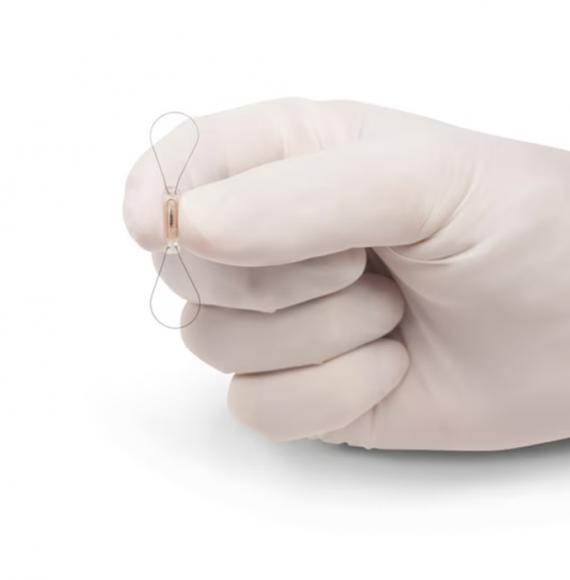For much of his time, Dr Adam Shakir works as a Consultant ENT and Head & Neck Surgeon at Milton Keynes University NHS Foundation Trust and as a College Tutor at the Royal College of Physicians and Surgeons of Glasgow.
Since December 2019, Dr Shakir has also been a part of Consultant Connect’s National Consultant Network (NCN), answering advice and guidance calls from GPs around the country.
And since September 2020, he also joined Consultant Connect’s Referral Backlog Triage service, which works to support NHS trusts with backlogs of referrals having built up due to Covid-19 and support triaging of these backlog patients.
Consultant Connect have been working to support UK health services during the pandemic by working to triage trusts’ extensive waiting list backlogs. They cover 17 NHS specialties and thousands of referrals can be reviewed each month - to help alleviate pressures on NHS trusts. They recently completed 9,000 referral reviews for one trust in under 2 months.
To further understand the role Dr Shakir has stepped into to help support the NHS Covid-19 backlog, he spoke with Consultant Connect:
What is your feedback on the process itself, of reviewing referrals via the Consultant Connect service?
“I found it straightforward and uncomplicated - best done on a laptop / desktop to allow good review of supporting documents.
The ability to change referral priority and reply with Advice & Guidance is helpful.
It’s also good that supporting photographs can be reviewed in the system.”
What impact on referrals have you seen?
“Auditing outcomes by my colleagues and I, we have found that approximately 45% of referrals can be returned using A&G. This group of referrals returned with A&G can typically be split into the following:
- 1/3 – The GP can try x, y, z before further referral is needed, i.e. further treatment can be done in primary care.
- 1/3 - Referral for condition or problem that does not require surgery or for which treatment is not funded, so reassurance. Previously this was done at a hospital appointment, but given significant delays, for a patient to wait 12 months or more to see a specialist and be informed that no further treatment is funded or required is not an efficient use of hospital clinic slots.
- 1/3 - Referral is best directed to another department in the hospital or is better served in a tertiary unit – this saves an unnecessary ENT appointment followed by redirecting to the right place, or a commercial provider.
Most of the routine and urgent referrals accepted to the trust are fairly accurate, with approximately 10% of those accepted having their priority changed.”
What do you see as the main benefits for patients?
“More care or reassurance can be appropriately given by the GP following A&G, so much shorter closure of the patient’s medical problem.
This service will allow those who do need to be seen in a hospital, to be seen much more quickly (due to shorter waiting lists).
Reassurance to patients that their problem has been reviewed by a UK consultant with a name attached (I always finish my responses with my name and position).
I think that GPs can be unsure of whether someone needs to be seen in a hospital clinic, but refer them on as a safety net. These cases are especially suitable for A&G as reassurance to the GP (and patient) can be given.”
What future opportunities do you think this service brings?
“If local services include Intermediate Care / GP-led ENT services, this process can:
- Identify those referrals suitable for that destination, further reducing waiting lists at the hospital. Perhaps as much as 30% of those needing to be seen by an ENT service could be seen in Intermediate Care instead of a hospital-based service. This is particularly attractive in areas where CCG pays by activity.
- Enable shorter waiting lists at the hospitals which is favoured by staff and patients alike. An important consequence of this is that those referred by GPs are seen quicker and result in fewer re-attendances at a GP’s surgery regarding the same problem, with less “chasing up the hospital” activity on their part.
Some referrals do need the input of a hospital specialist, but this could be done by telephone, with an outcome identified such as “suitable for hospital telephone clinic”. These patients can be diverted into those telephone clinics, saving very valuable face-to-face appointment slots - particularly at present.”



















